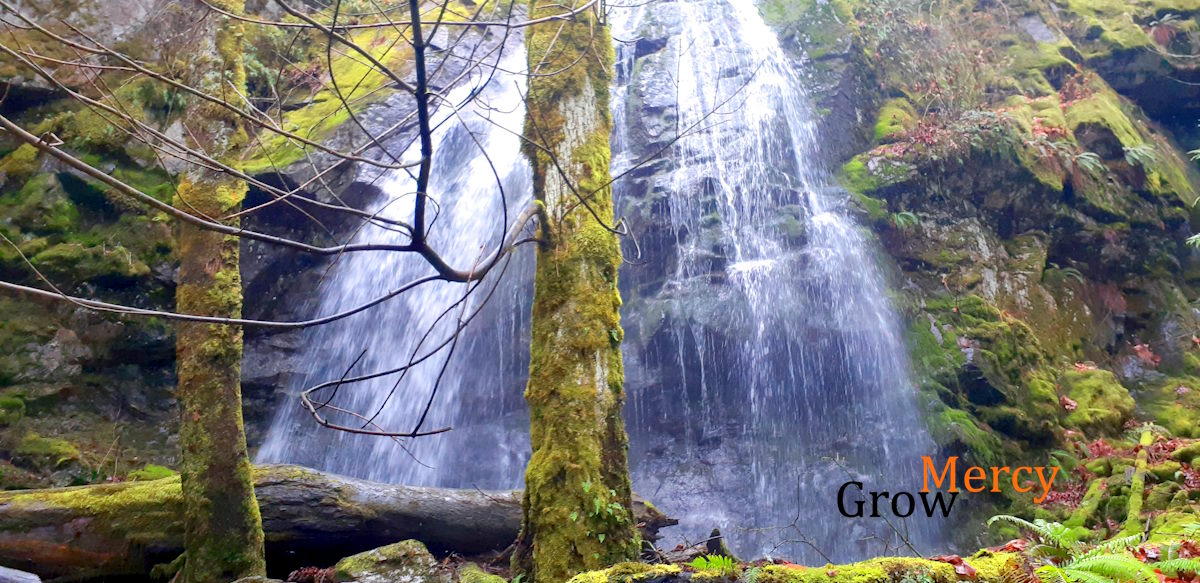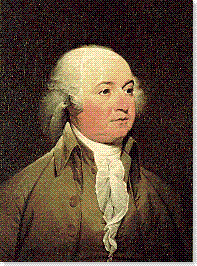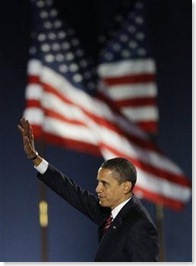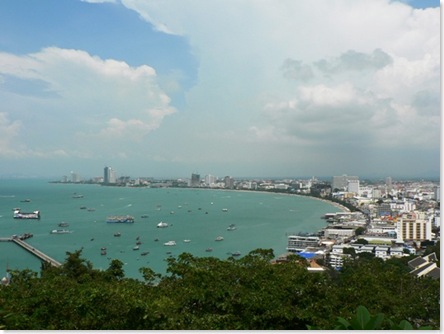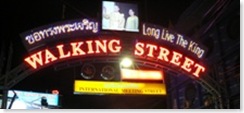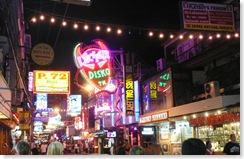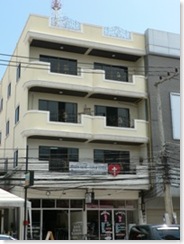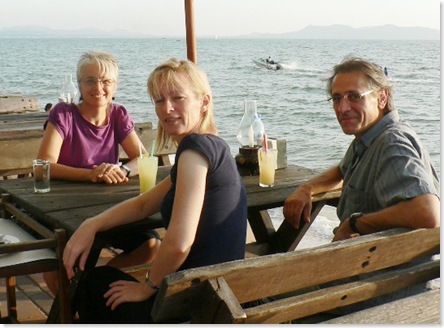A current debate, raging in some corners, sputtering in others, is whether or not American president-elect Barack Obama is a Christian.
The brouhaha was reawakened by a reprinted interview conducted four years by Cathleen Falsani of the Chicago Sun Times, that included the following exchange:
Obama: There’s the belief, certainly in some quarters, that people haven’t embraced Jesus Christ as their personal savior that they’re going to hell.
Falsani: You don’t believe that?
Obama: I find it hard to believe that my God would consign four-fifths of the world to hell. I can’t imagine that my God would allow some little Hindu kid in India who never interacts with the Christian faith to somehow burn for all eternity. That’s just not part of my religious makeup.”
What’s more, in a meeting earlier this year with several Christian leaders, Rev. Franklin Graham pressed Obama on the point. Obama’s answer was similar: he had a hard time believing that his mother, who was not Christian, would be burning in hell.
Well, as reported by BeliefNet, this led several conservative bloggers to point out that Mr. Obama’s views contradicted a fundamental tenet of Christianity — that salvation comes through Christ.
Joe Carter on Culture11.com questioned whether Mr. Obama had “a true knowledge of Christ.”
Rod Dreher wrote, “It’s the Church of Christianity without Christ. It’s Moralistic Therapeutic Deism, so let’s call it what it is — but not what it is not, which is Christianity.”
Earlier in the year, former Sen. Rick Santorum called Mr. Obama a religious “phony” for the same reason.
What most of the conservative Christian bloggers have in common is the belief that America was founded on the sort of orthodoxy as outlined above, and that a Barack H. Obama will undercut all that bedrock. They are guided by groups like the Christian Anti-defamation League, who work to "return America to Christ."
Well, here’s a weigh-in by John Adams, founding father and signer of the Declaration of Independence.
Now, my Friend, can Prophecies, or miracles convince You, or Me, that infinite Benevolence, Wisdom and Power, created and preserves, for a time, innumerable millions [only] to make them miserable forever; for his own Glory? Wretch! What is his Glory? Is he ambitious? does he want promotion? Is he vain? tickled with Adulation? Exulting and tryumphing in his Power and the Sweetness of his Vengence? Pardon me, my Maker, for these aweful Questions. My Answer to them is always ready: I believe no such Things.
My Adoration of the Author of the Universe is too profound and too sincere. The Love of God and his Creation; delight, Joy, Tryumph, Exultation in my own existence, ‘tho but an Atom, a Molecule Organique, in the Universe; are my religion. Howl, Snarl, bite, Ye Calvinistick! Ye Athanasian Divines, if You will. Ye will say, I am no Christian: I say Ye are no Christians: and there the account is ballanced. Yet I believe all the honest men among you, are Christians in My Sense of the Word." (letter to Thomas Jefferson, 14 September 1813)
However you come down on these matters… (and you will come down) Happy Thanksgiving! to all our U.S.A. friends. May you find your centre…I mean center.
